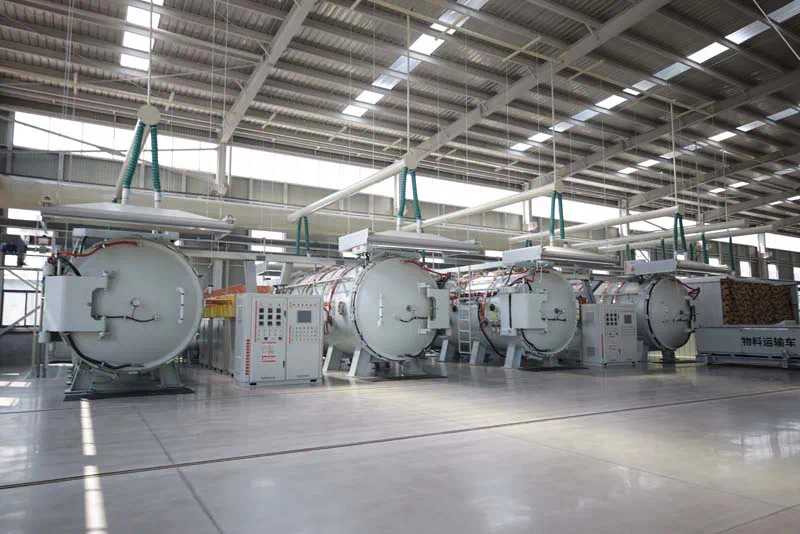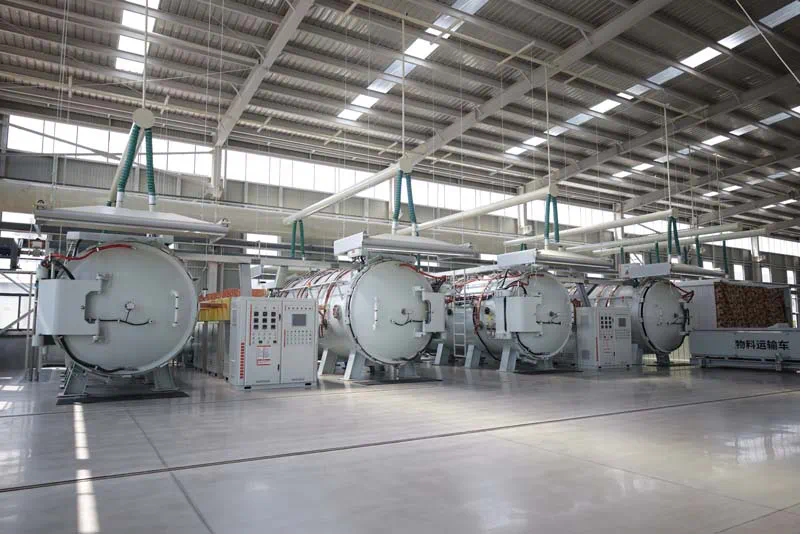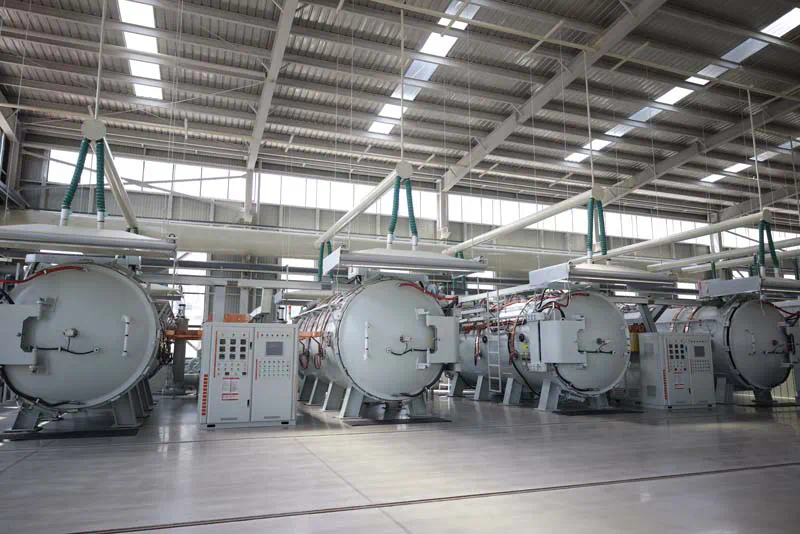The Role of Spherical Niobium Powder in Modern Metallurgy
Spherical niobium powder has emerged as a significant material in the realm of modern metallurgy, playing an essential role in various applications that require high performance and advanced material properties. This article delves into the characteristics, production methods, applications, and future prospects of spherical niobium powder, highlighting its importance in contemporary metallurgical practices.
Introduction to Niobium
Niobium is a rare, high-density metal known for its excellent corrosion resistance, high melting point, and remarkable strength-to-weight ratio. It is primarily used in steelmaking and superalloys, where it imparts desirable mechanical properties. Spherical niobium powder, specifically, has gained traction due to its unique morphology, which enhances its performance in additive manufacturing and other advanced metallurgical processes.
Properties of Spherical Niobium Powder
Spherical niobium powder exhibits several key properties that make it a preferred choice in various metallurgical applications.
1. Morphology: The spherical shape of the powder allows for improved flowability and packing density compared to irregularly shaped powders. This characteristic is particularly advantageous in additive manufacturing, where uniform layer deposition is crucial for achieving high-quality parts.
2. Particle Size: Spherical niobium powder is available in various particle sizes, typically ranging from a few micrometers to hundreds of micrometers. Smaller particles tend to enhance sintering behavior and improve the mechanical properties of the resulting materials.
3. High Purity: The production process of spherical niobium powder generally results in high purity levels, which is essential for applications in aerospace and nuclear industries where material integrity is paramount.
4. Thermal and Electrical Conductivity: Niobium boasts excellent thermal and electrical conductivity, making it suitable for applications that require efficient heat dissipation or electrical performance.
Production Methods of Spherical Niobium Powder
The production of spherical niobium powder involves several methods, each with its advantages and limitations. Understanding these processes is crucial for selecting the appropriate production technique based on the desired application.
1. Gas Atomization: One of the most common methods for producing spherical niobium powder is gas atomization. This technique involves melting niobium and then dispersing it into fine droplets using high-pressure gas jets. The rapid cooling of these droplets leads to the formation of spherical particles. Gas atomization is favored for its ability to produce uniform particle sizes and high purity levels.
2. Plasma Atomization: Similar to gas atomization, plasma atomization uses a plasma torch to melt niobium. The molten niobium is then atomized into fine droplets, which solidify into spherical powder upon cooling. This method can produce finer powders and offers better control over particle morphology.
3. Mechanical Alloying: Mechanical alloying can also be utilized to create spherical niobium powder by blending niobium with other metal powders and subjecting the mixture to high-energy ball milling. This process can result in the formation of composite powders with tailored properties.
Applications of Spherical Niobium Powder
Spherical niobium powder finds applications across various industries due to its exceptional properties. Below are some prominent applications:
1. Additive Manufacturing: The additive manufacturing sector has witnessed significant growth in recent years, with niobium powder being a key material in 3D printing technologies. Its excellent flowability and sintering characteristics enable the production of complex geometries with high precision. Components made from spherical niobium powder exhibit superior mechanical properties, making them ideal for aerospace and automotive applications.
2. Superalloys: Spherical niobium powder is often incorporated into superalloys, which are used in extreme environments such as jet engines and gas turbines. The addition of niobium enhances the strength, stability, and corrosion resistance of these alloys, allowing for improved performance and longevity.
3. Medical Devices: The biocompatibility of niobium makes it suitable for medical applications, including implants and devices. Spherical niobium powder can be used in the fabrication of custom implants Spherical Vanadium Powder through additive manufacturing techniques, ensuring a perfect fit for patients.
4. Electronics: In the electronics industry, niobium’s excellent conductivity and resistance to oxidation make it an ideal candidate for various electronic components, including capacitors and superconductors.
Future Prospects of Spherical Niobium Powder
The future of spherical niobium powder in metallurgy looks promising, driven by ongoing advancements in technology and increasing demand for high-performance materials. Several trends are shaping the landscape:
1. Innovations in Additive Manufacturing: As 3D printing technologies continue to evolve, the demand for specialized powders like spherical niobium is expected to rise. Research into optimizing powder characteristics and improving printing techniques will further enhance the capabilities of additive manufacturing.
2. Sustainable Practices: The metallurgy industry is increasingly focusing on sustainability, and the recycling of niobium-based materials could play a critical role in this transition. Developing efficient recycling processes for niobium powder will not only reduce waste but also lower costs and environmental impact.
3. Research and Development: Ongoing research into the properties and potential applications of spherical niobium powder will likely lead to new innovations. Collaborations between academia and industry will foster the development of advanced materials with tailored properties for specific applications.
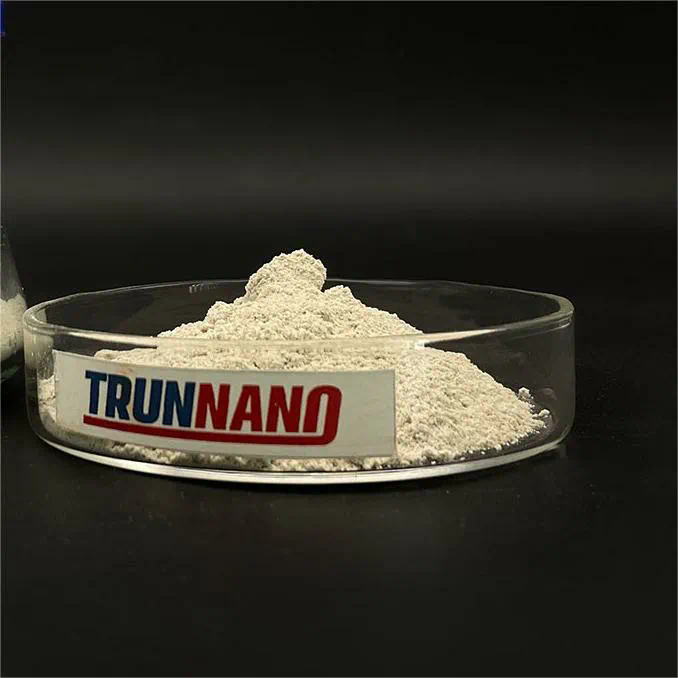
4. Expanding Market Applications: The versatility of spherical niobium powder suggests potential applications beyond those currently explored. Industries such as automotive, renewable energy, and defense may increasingly adopt niobium-based materials as they seek enhanced performance and reliability.
Conclusion
Spherical niobium powder plays a crucial role in modern metallurgy, offering unique properties that enhance the performance of various materials and components. Its production methods, applications, and future prospects demonstrate the significance of this material in advancing metallurgical practices. As industries continue to innovate and seek high-performance solutions, spherical niobium powder is poised to become an even more integral part of modern metallurgy, paving the way for groundbreaking advancements in material science and engineering.
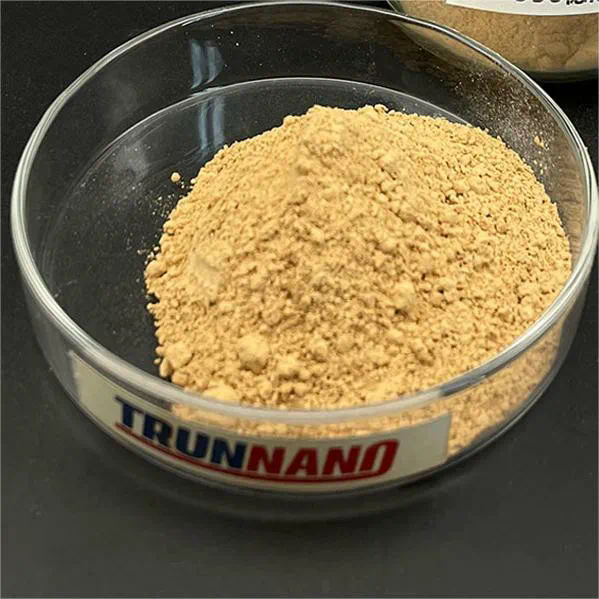
https://smartfactoryinsights.com/
